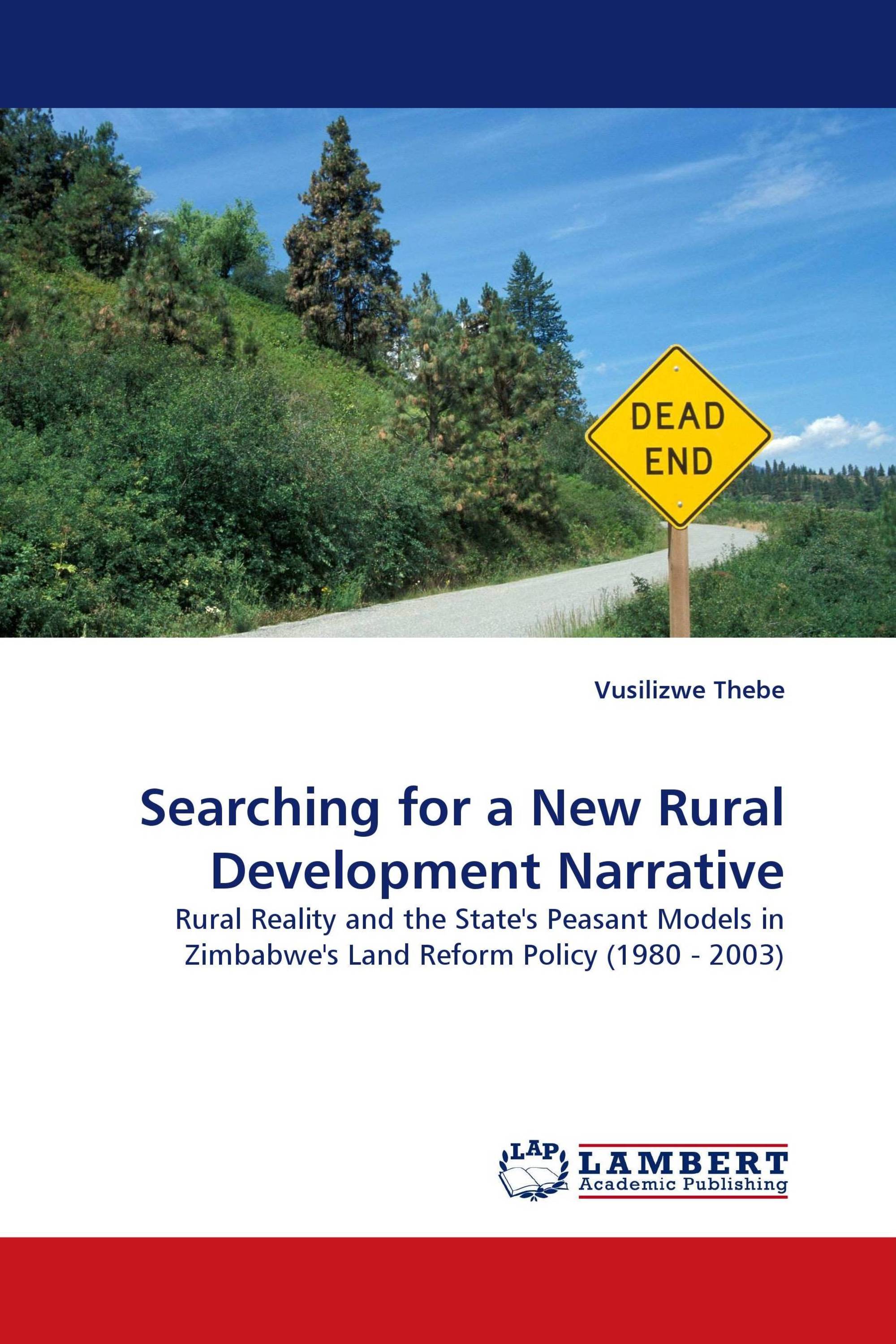Searching for a New Rural Development Narrative
Rural Reality and the State''s Peasant Models in Zimbabwe''s Land Reform Policy (1980 - 2003)
€ 79,00
Two and a half decades of land reform in Zimbabwe completely changed the country''s agricultural landscape. The prominent features of the new landscape were the small-family operated farms, created from the commercial farming sector. While the process has been looked at as something unique, it was another social engineering process. Although Zimbabwe is considered a crop-producing country, 60 percent of the country is either semi arid or arid, and characterised by climatic uncertainty and perennial droughts. Communities in these regions have developed a semi-proletariat culture. Livelihoods are highly diversified and heavily reliant on non-farm sources of income. This work analyses processes of land reforms in the country, including the continued commitment by the state and other actors to the small farm model. The study concludes that, the policy reflected the motives and visions of certain actors,which did not reflect rural reality in the whole of the country. This work therefore advocates for a search for a new rural development narrative that will move away from assumption about how people live their lives, and should be useful to practitioners, academics and policy-makers.
Book Details: |
|
|
ISBN-13: |
978-3-8383-1908-7 |
|
ISBN-10: |
3838319087 |
|
EAN: |
9783838319087 |
|
Book language: |
English |
|
By (author) : |
Vusilizwe Thebe |
|
Number of pages: |
320 |
|
Published on: |
2009-10-06 |
|
Category: |
General Social sciences |
